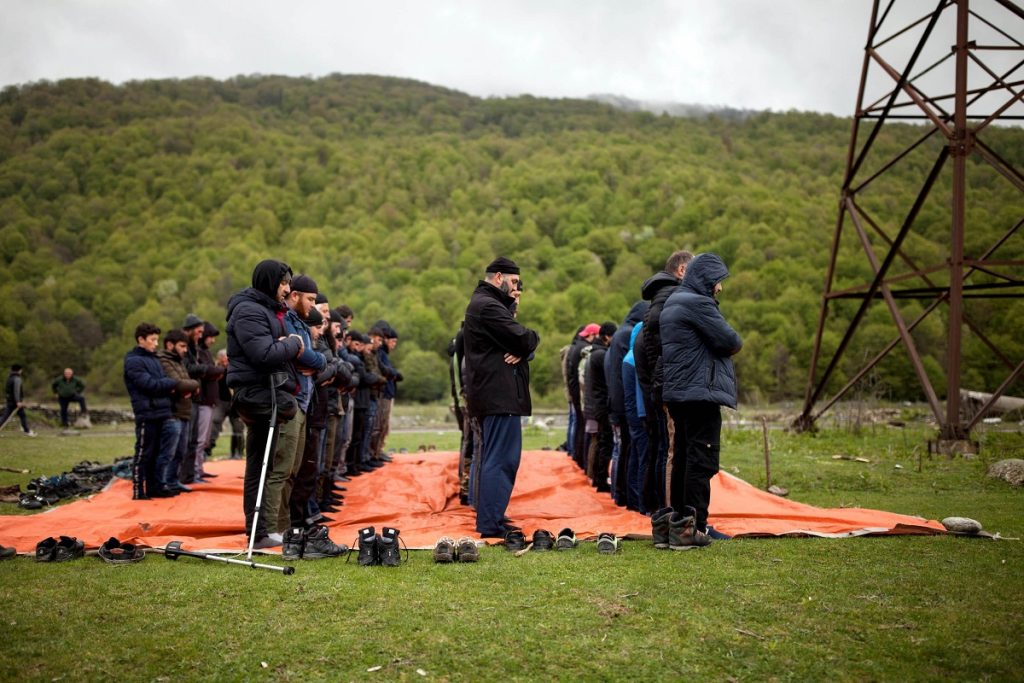The Muslim population in Georgia, USA has experienced significant growth over the past decades, reflecting broader national trends of increasing religious and cultural diversity. Concentrated primarily in the Atlanta metropolitan area, Georgia’s Muslims are contributing to the state’s social, economic, and political life, while maintaining cultural and religious traditions.
Demographics and Diversity
Georgia is home to tens of thousands of Muslims, with diverse origins including Middle Eastern, South Asian, and African countries, alongside a substantial African American Muslim population. This mix creates a rich cultural mosaic, blending centuries-old traditions with modern American life.
Mosques and Islamic Centers
Mosques serve as critical community hubs. The Al-Farooq Masjid in Atlanta, one of the largest in the Southeast, is central to both spiritual and community activities. Other mosques and Islamic centers in cities such as Marietta, Decatur, and Clarkston provide educational programs, interfaith outreach, and social services that strengthen community cohesion.
Cultural and Social Contributions
Muslims in Georgia have enriched local culture through halal restaurants, community festivals, and educational initiatives. Events during Ramadan and other Islamic holidays often welcome residents from diverse backgrounds, fostering dialogue and intercultural understanding. Community organizations also play a role in youth mentorship, volunteer work, and entrepreneurship, creating opportunities for civic engagement.
Political Representation and Civic Engagement
The political visibility of Muslims in Georgia is rising. Ruwa Romman, elected to the Georgia General Assembly in 2022, became the first Muslim woman to hold state office. Her recent gubernatorial candidacy highlights the increasing engagement of Georgia Muslims in electoral politics. Beyond individual leaders, the community actively participates in voter registration drives, advocacy campaigns, and interfaith coalitions that address social justice, healthcare, and education.
Challenges and Opportunities
Despite their growing influence, Muslims in Georgia face challenges such as Islamophobia, discrimination, and socioeconomic disparities. Community organizations are addressing these issues through education, outreach, and coalition-building. As the population continues to grow, Georgia’s Muslims are poised to exert greater influence on the state’s cultural, social, and political landscapes.
Conclusion
The Muslim community in Georgia demonstrates a dynamic combination of tradition, civic engagement, and cultural innovation. With increasing political participation, vibrant cultural contributions, and strong community networks, Muslims in Georgia are shaping the state’s identity while fostering inclusivity and dialogue for future generations.

